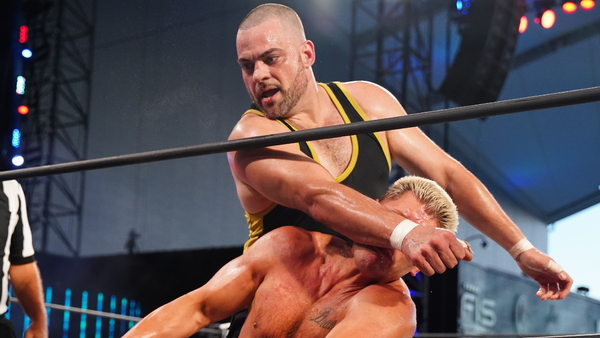How AEW Has Actually Answered Its Biggest Complaint

The losses are framed as seismic developments - by, for example, candid sit-down interviews that depict the loser as broken, or lost, to get over the idea that their life's work has just evaporated. Under this careful - yes - sporting approach, a near-loss means something. What these people fight for means so much that even a narrow, failed pursuit of it gets them over, and even, in the case of Ricky Starks and Eddie Kingston, signed.
Wins and losses matter like they do in - yes - real sports. The rankings system - abused though it is a bit too often - functions to further create the sporting atmosphere. The athletes in AEW strive to win titles, and their progress - made through invariable clean wins that register as meaningful through meticulous cause-and-effect booking not tarnished by the murky, drama-bereft carny pointlessness that is a traded or unacknowledged win - is visually mapped through it. Yes, this is sports entertainment, to an extent.
For your writer's tastes, AEW does too often succumb to the dreaded WWE tropes to its detriment - and more so in 2020 than 2019, which might be becoming a problem; nobody wants to see title contenders determined by a tumbler, nor images of heels Photoshopped in silly costumes projected on the tron.
But ultimately, the real message of AEW's launch is manifested in a product that operates almost entirely differently to WWE's. You can't possibly stack up a Jon Moxley promo against a Dean Ambrose one and think "Yep, same thing!"
But AEW can't, and should not, operate like a "league".
CONT'D...(4 of 6)